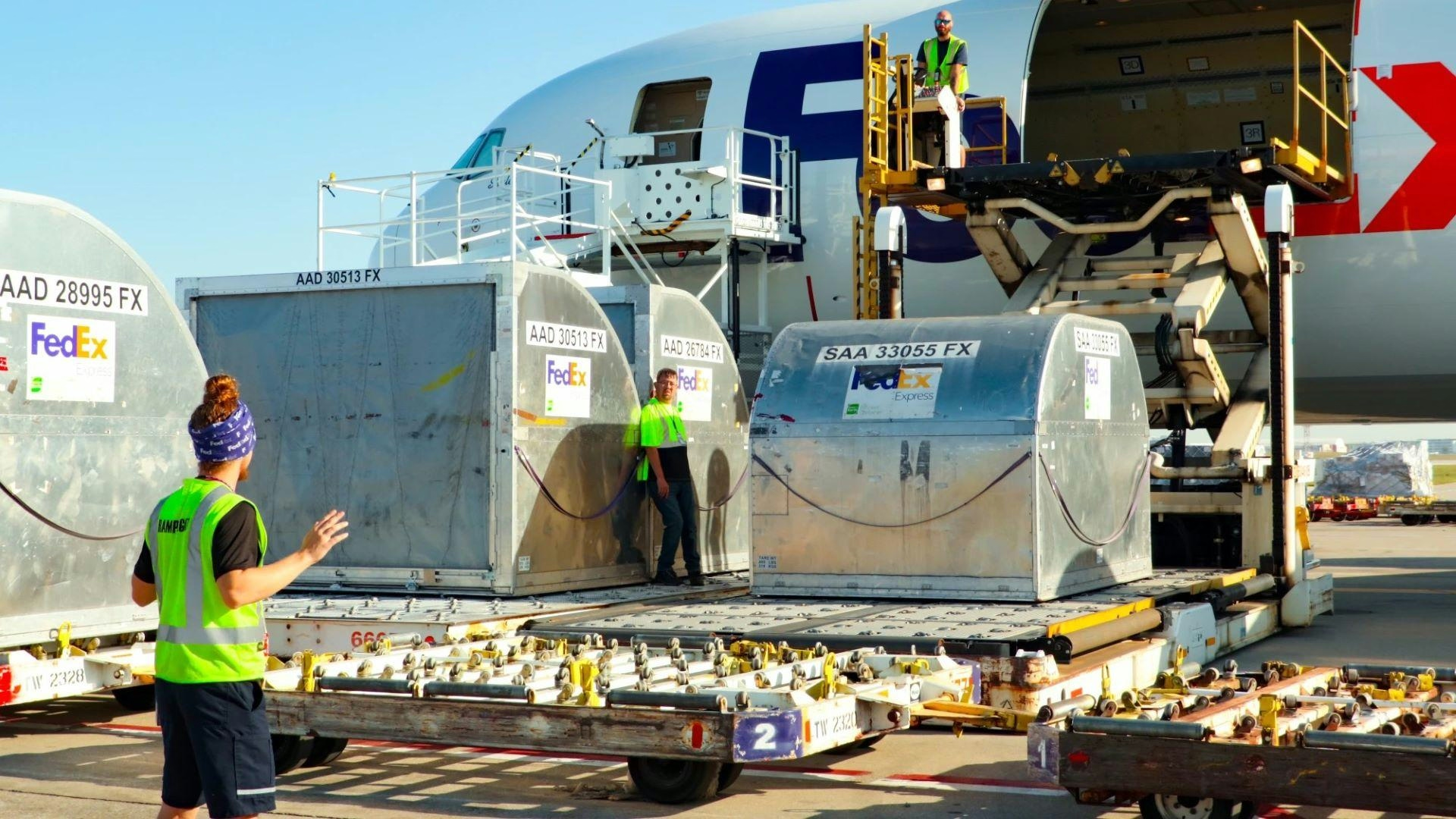AeroGenie — Uw intelligente copiloot.
Trending
Categories
Ban on Russian Cargo Planes Raises Concerns Over Global Supply Chains

Ban on Russian Cargo Planes Raises Concerns Over Global Supply Chains
The recent prohibition on Russian cargo aircraft has heightened apprehensions regarding the resilience of global supply chains. As nations broaden aviation sanctions amid escalating geopolitical tensions, international trade is experiencing significant strain. Companies worldwide are urgently adjusting to the evolving logistics environment, preparing for both immediate disruptions and longer-term challenges.
Aviation Sanctions and Their Immediate Impact
The expansion of restrictions on Russian cargo flights has placed considerable pressure on global logistics networks. The diminished availability of air freight capacity is compelling industries—particularly those dependent on prompt deliveries such as electronics, pharmaceuticals, and perishable goods—to explore alternative transportation methods. However, with limited viable options, demand for air freight services from other providers has surged, resulting in increased shipping costs and congestion along critical trade corridors.
In response, some companies have rerouted shipments through countries not participating in the sanctions. For instance, South Africa recently authorized the landing of a Russian cargo plane despite U.S. prohibitions, illustrating how competitors are seeking new channels to sustain supply chain continuity amid tightening restrictions.
Broader Supply Chain Disruptions and Regulatory Complexities
Trade analysts caution that the ban may precipitate widespread delays and elevated costs, especially for products reliant on expedited delivery. The situation is further complicated by emerging regulatory frameworks, such as the European Union’s Deforestation Regulation, which enforces stricter traceability requirements on imports. These additional compliance measures risk slowing shipment processes and necessitate comprehensive overhauls of logistics and documentation systems.
To navigate these challenges, businesses are increasingly adopting advanced technologies. The integration of artificial intelligence (AI) and Internet of Things (IoT) solutions is becoming more prevalent, enabling companies to identify vulnerabilities within supply chains, detect early warning signals, and optimize routing decisions in real time.
Market Responses and Strategic Adaptations
Investors are closely monitoring developments, with heightened attention on transportation and shipping sectors. Market sensitivity to supply chain disruptions remains elevated, and firms capable of swiftly adapting or diversifying their logistics networks may gain a competitive advantage amid ongoing uncertainty.
Some freight and shipping companies report a short-term increase in demand as alternative providers fill gaps left by sanctioned carriers. Concurrently, many are reevaluating logistics partnerships and exploring new markets to mitigate risk. Platforms offering real-time financial data and predictive analytics have become indispensable tools for investors and supply chain managers striving to manage volatility and maintain operational continuity.
Frequently Asked Questions
How does the Russian cargo plane ban affect global supply chains?
The ban reduces available air freight capacity, leading to potential delays and increased shipping costs, particularly for goods requiring timely delivery.
Which industries are most impacted by the aviation sanctions on Russia?
Sectors such as electronics, pharmaceuticals, and perishables, which heavily depend on air freight, face the most significant challenges.
How are companies responding to the freight market impact?
Businesses are pursuing alternative routing options, leveraging technology for enhanced risk management, and reassessing logistics partnerships to mitigate disruptions.

Emirates Unveils Cabin Design for New Boeing 777X

Eighteen Years On, the Airbus A380 Remains Central to a $34 Billion Airline

How a boom in luxury airline seats is slowing down jet deliveries

Navitaire Outage Attributed to Planned Maintenance

DigiYatra Debuts Outside Aviation at India AI Impact Summit

Vietnam Orders Strengthen Boeing’s Commercial Outlook

Airbus Signals Uncertainty Over Future A400M Orders

JobsOhio Awards $2 Million Grant to Hartzell Propeller for Innovation Center

Collins Aerospace Tests Sidekick Autonomy Software on YFQ-42A for U.S. Air Force CCA Program

How the Airbus A350-1000 Compares to the Boeing 777
